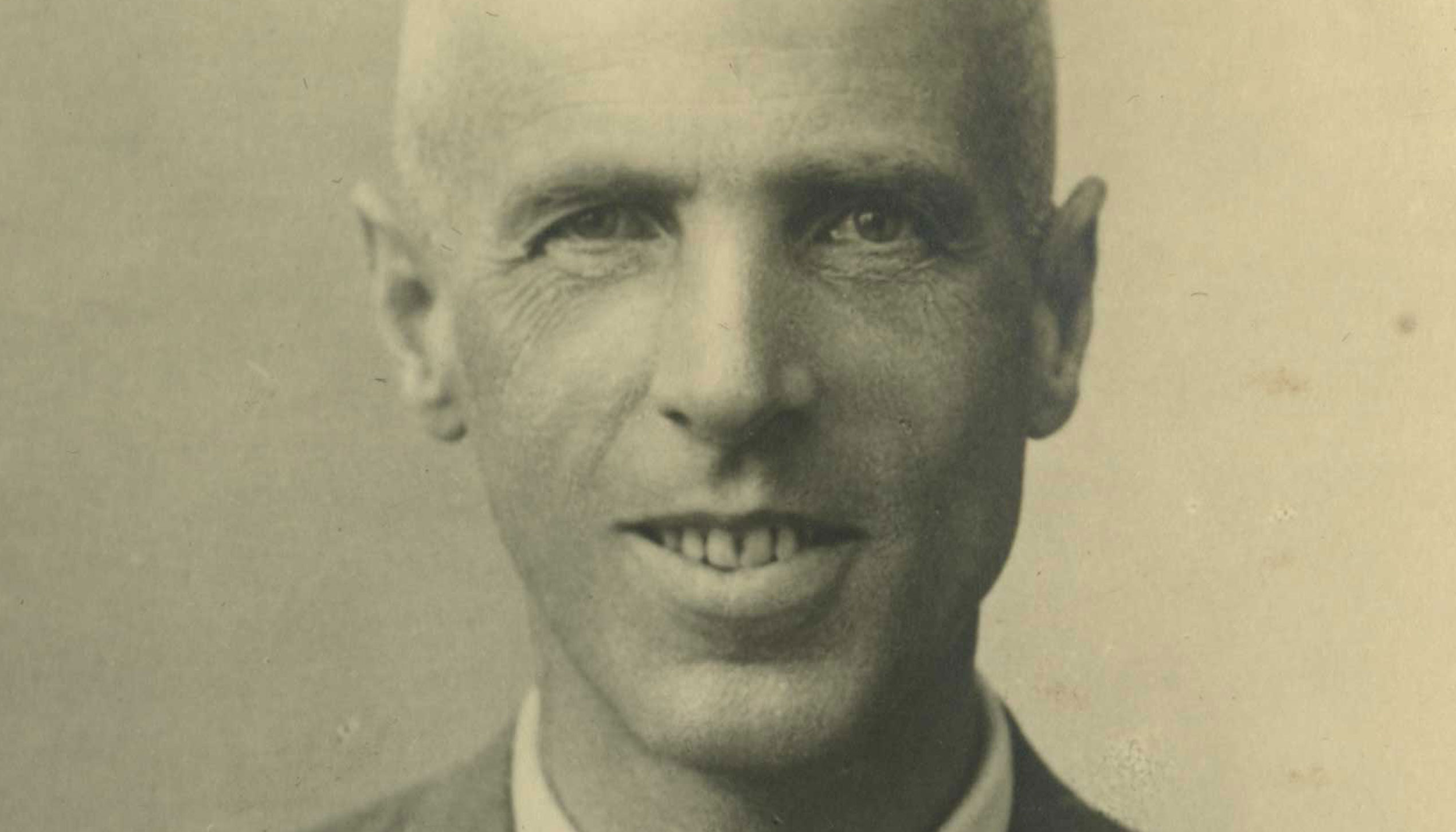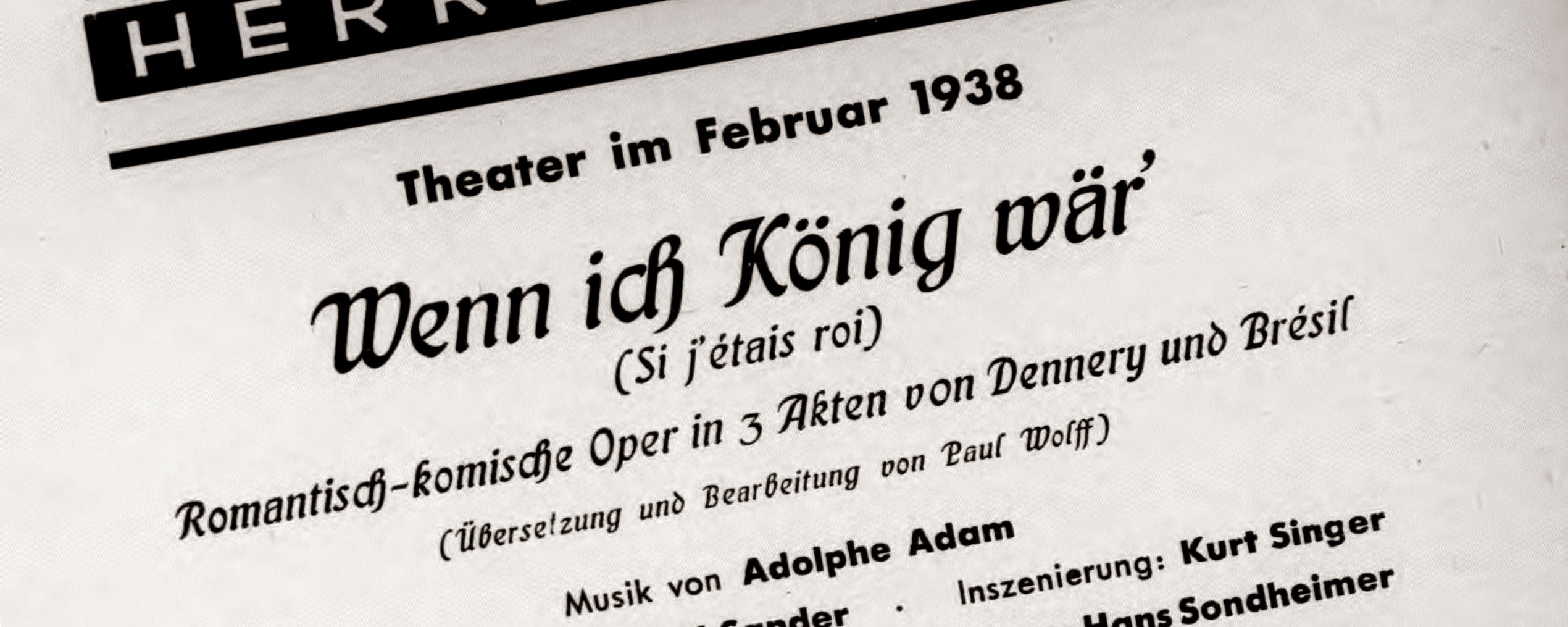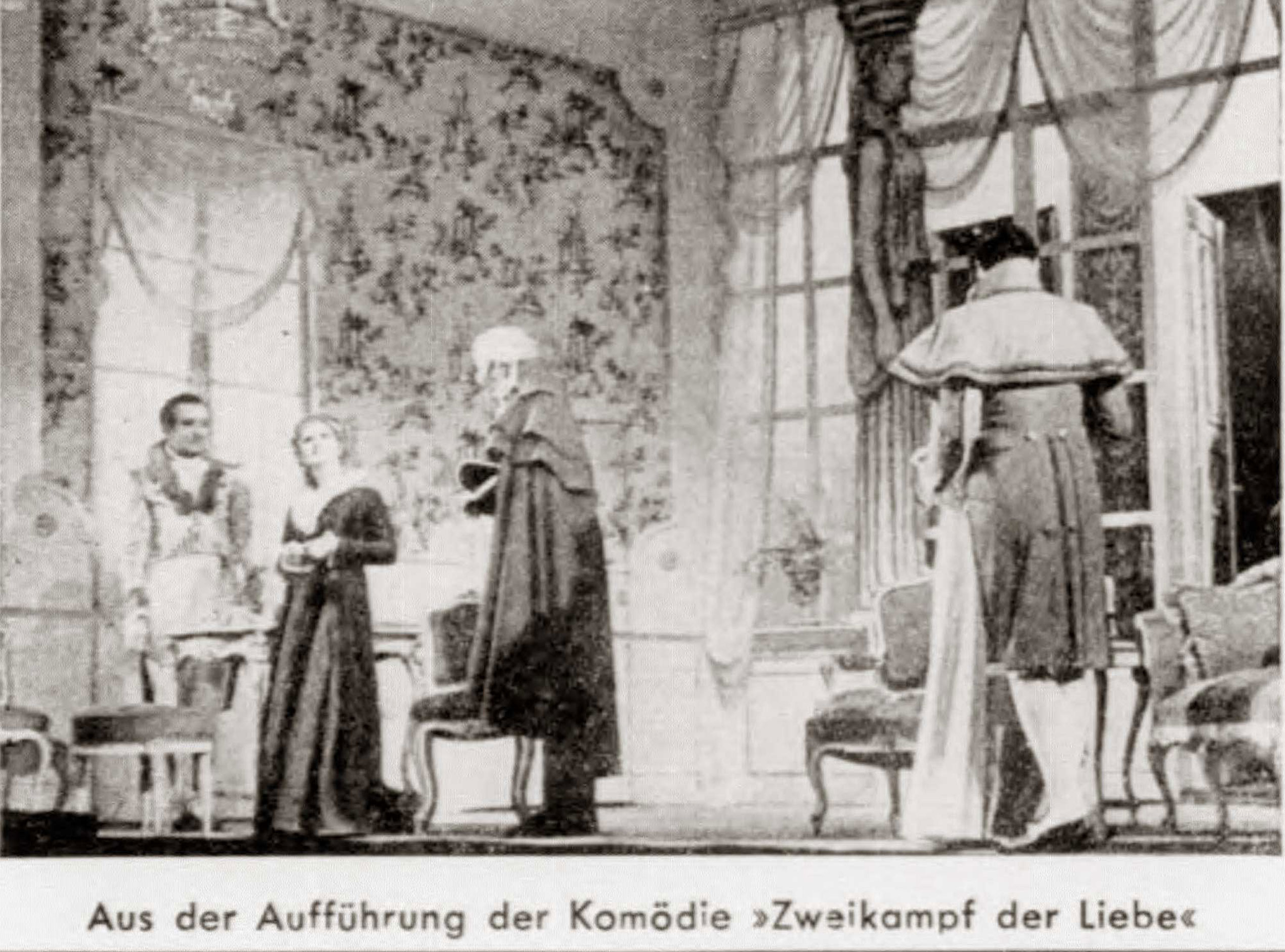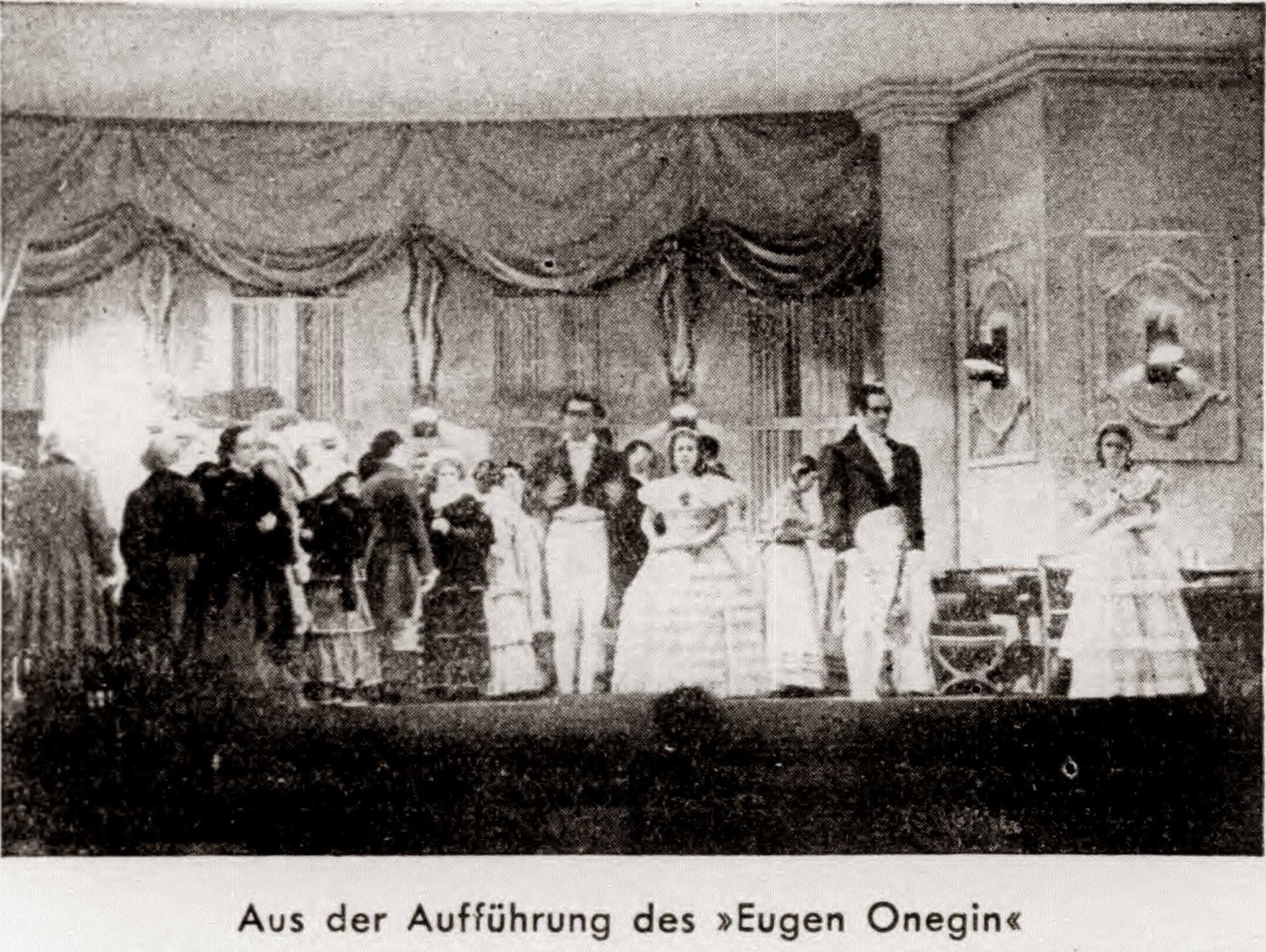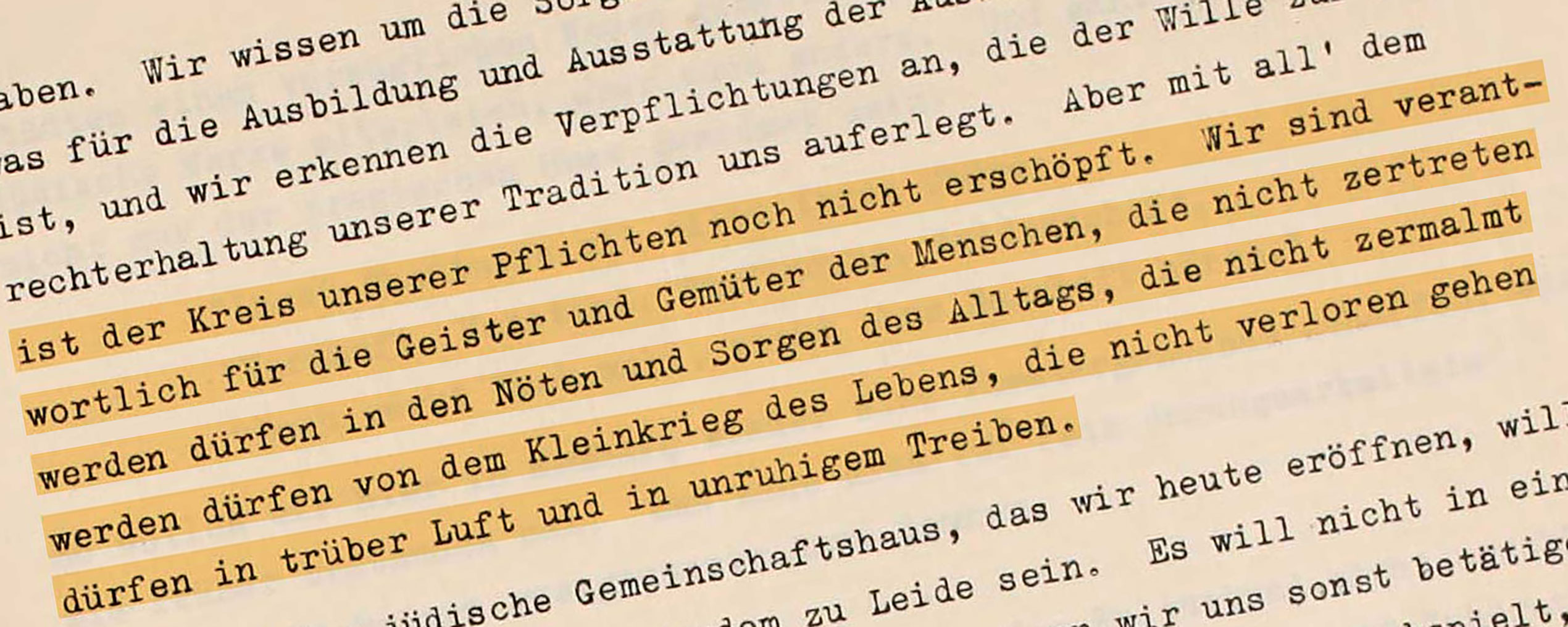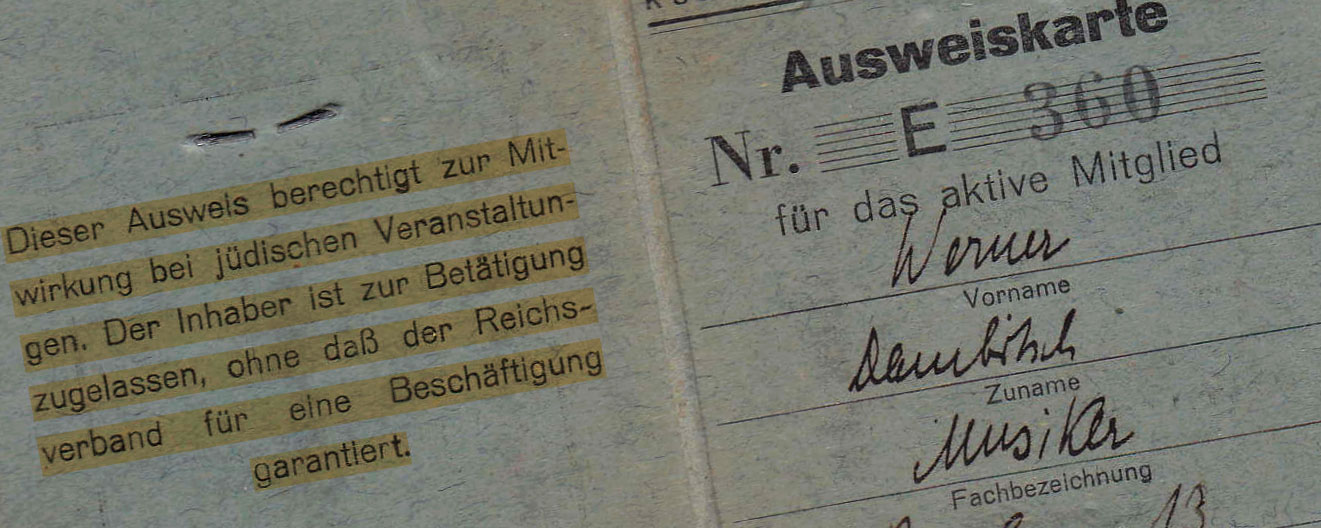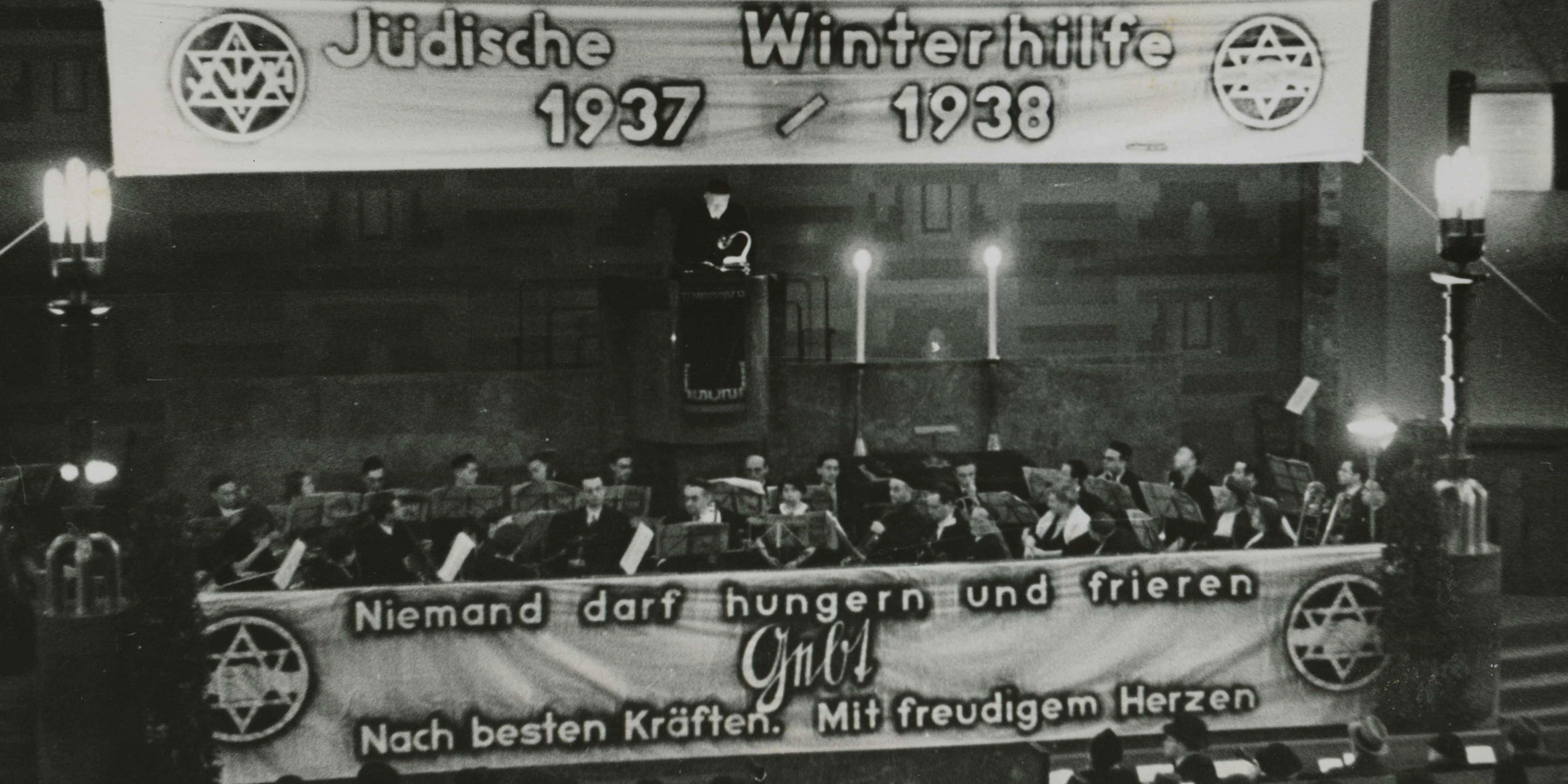Religion, culture and the struggle for human dignity
Synagogues adapt to the changing needs of Jewish life.
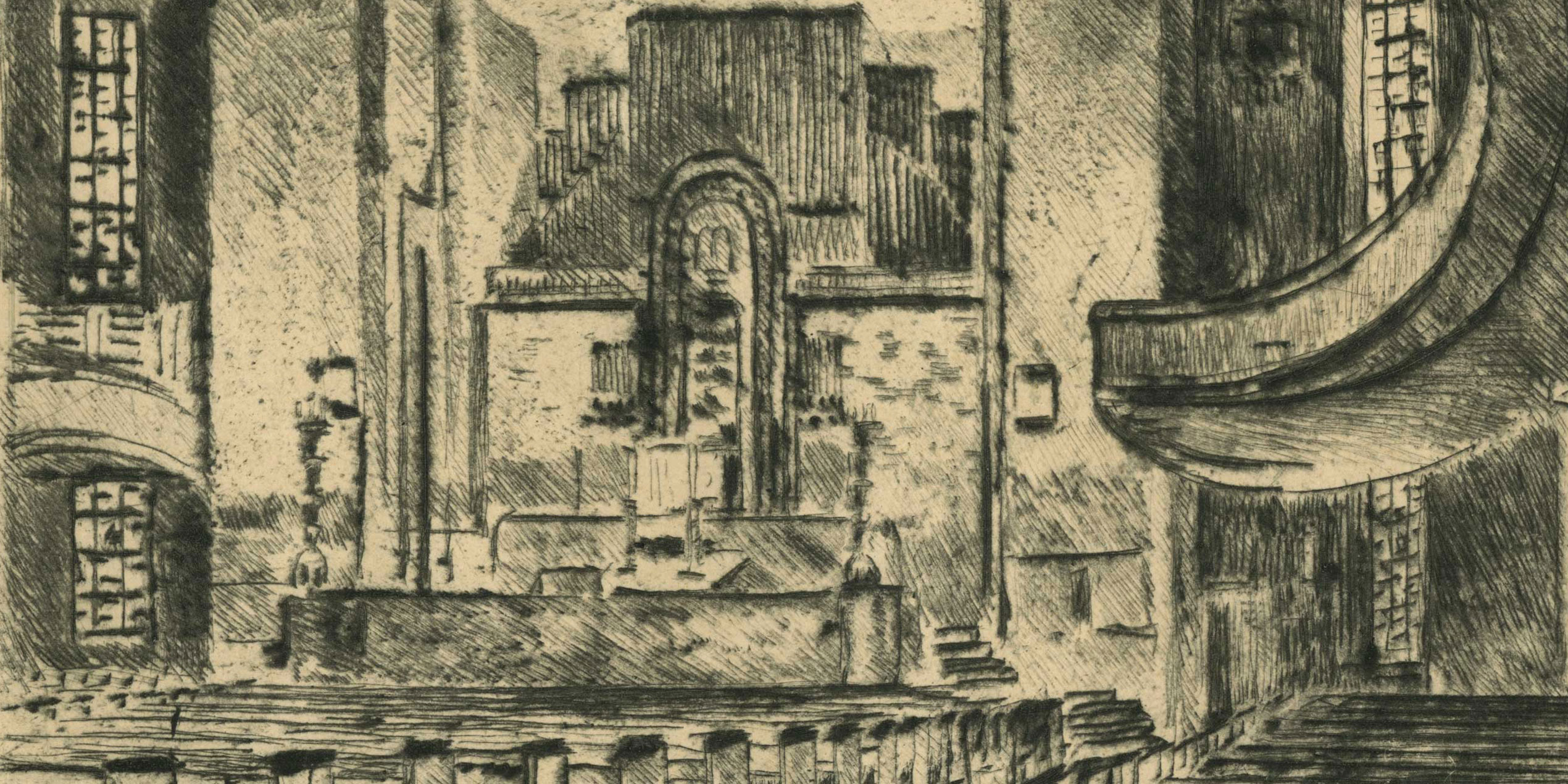
Berlin
This drawing shows the interior of the Prinzregentenstraße Synagogue in Berlin (Wilmersdorf). Built in 1930, the building was designed to fulfill the needs of a liberal congregation. As shown in the picture, the synagogue boasted a magnificent organ. Rabbi Leo Baeck gave the sermon at the opening ceremony. From 1933, when Jews began to be pushed out of Germany’s cultural life, the synagogue also became a Jewish cultural center.
SOURCE
Institution:
Leo Baeck Institute – New York | Berlin 
Collection:
"Synagogue Prinzregentenstrasse." Werner Stein Collection, AR 10775 
Original:
2005.87








































